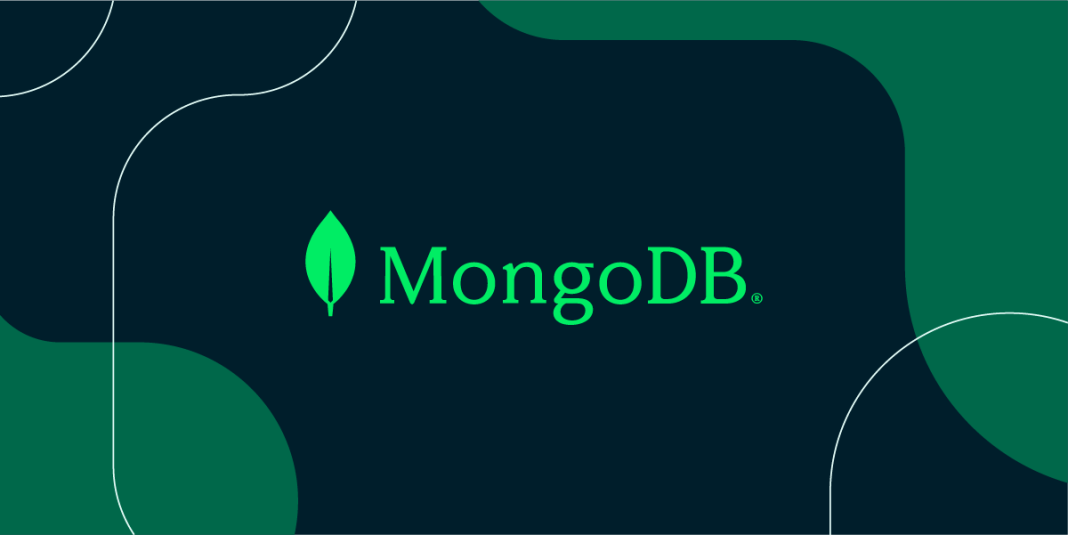There is plenty to laud about the human knowhow, but honestly speaking, nothing beats our ability to grow on a consistent basis. This ability, in particular, has brought the world some huge milestones, with technology emerging as quite a major member of the stated group. The reason why we hold technology in such a high regard is, by and large, predicated upon its skill-set, which ushered us towards a reality that nobody could have ever imagined otherwise. Nevertheless, if we look beyond the surface for one second, it will become clear how the whole runner was also very much inspired from the way we applied those skills across a real world environment. The latter component, in fact, did a lot to give the creation a spectrum-wide presence, and as a result, initiated a full-blown tech revolution. Of course, the next thing this revolution did was to scale up the human experience through some outright unique avenues, but even after achieving a feat so notable, technology will somehow continue to bring forth the right goods. The same has turned more and more evident in recent times, and assuming one new cloud tech-themed development ends up with the desired impact, it will only propel that trend towards greater heights over the near future and beyond.
MongoDB, Inc has officially announced an expanded availability of its industry-leading, multi-cloud developer data platform called MongoDB Atlas, which is designed to serve customers who have residency, availability, and latency-sensitive application requirements. Now available in 117 cloud regions across Amazon Web Services (AWS), Google Cloud, and Microsoft Azure, the stated platform is, as of today, the only distributed developer data platform capable of simultaneously running applications across major cloud providers. This translates to the fact it can prove to be useful for customers that need ultra-high availability or want to more easily access services from different cloud providers. Interestingly enough, alongside what is the broadest choice of available cloud regions; these multi-cloud clusters on MongoDB Atlas further allow customers to actively combine different services from AWS, Google Cloud, and Microsoft Azure. Hence, one can use data from an application running on a single cloud provider and then process the same on another cloud provider without the complexity of manually managing data movement. On top of that, organizations can also bank upon data stored in different clouds to power a single application or to easily migrate an application from one cloud provider to another in reference to their needs.
Having touched on the product’s innate value proposition, we now must talk about the new available cloud regions. Starting with AWS, MongoDB Atlas is now available in 31 AWS regions globally, and at the same time, it is integrated with a variety of AWS services. Such a feature means customers can look to use Amazon Bedrock to build AI applications. If you do that, you can also expect comprehensive AI-powered coding assistance from Amazon CodeWhisperer. Making the latter component all the more valuable is how, owing to the collaboration between AWS and MongoDB, Amazon CodeWhisperer appears on the stated scene as trained on MongoDB code and best practices. Apart from that, customers that must meet regulatory requirements for public sector workloads are another beneficiary here, as they can run MongoDB Atlas in the AWS GovCloud region for mission-critical applications. Next up, we have the new regions introduced across Google Cloud. Available in 38 Google Cloud regions, the customers will now be able to enjoy the platform’s integration with various Google Cloud services, including BigQuery and Vertex AI to build AI-powered applications. Quite similar to the case with AWS, the development aids the cause of those customers across government or regulated industries that want to use Google Cloud services but run workloads holding the most sensitive data. You see, with MongoDB Enterprise Advanced now available on Google Distributed Cloud Hosted (GDCH), the stated users can access an air-gapped environment in a private cloud for sensitive workloads, an environment which meets the most stringent data security and privacy requirements. Not just security, though, they will also have at their disposal MongoDB’s performance, reliability, and highly flexible document data model so to enhance efficiency.
“Since introducing multi-cloud clusters on MongoDB Atlas that can run across AWS, Google Cloud, and Microsoft Azure, we have made it easy for customers to control where their data resides by distributing it across major cloud provider regions to meet data sovereignty, regulatory, and performance requirements for their applications,” said Sahir Azam, Chief Product Officer at MongoDB. “Multi-cloud clusters on MongoDB Atlas also give customers the flexibility of seamlessly using cloud services across major providers for their application needs.”
Rounding up highlights is, of course, the expansion unveiled across Microsoft Azure. Available in 48 regions, MongoDB Atlas once again brings integrations with several Microsoft Azure services, including Microsoft Fabric, as well as Azure OpenAI and Microsoft Semantic Kernel for building AI-powered applications. Joining them are MongoDB Atlas Online Archive and Atlas Data Federation that will enable customers to automatically tier Atlas databases to the most cost-effective cloud object storage option, while simultaneously retaining the ability to query data. In case that wasn’t enough, it also ensures a seamless arrangement to read and write data from Atlas databases and cloud object stores, thus simplifying how customers generate datasets from MongoDB Atlas to feed downstream applications and systems that leverage cloud storage.
Founded in 2007, MongoDB has risen up on the back of its developer data platform, which leverages a database and an integrated set of related services to address the requirements for today’s modern applications in a rather unified and consistent manner. The company’s excellence across what it does can be understood once you consider its database has, so far, been downloaded hundreds of millions of times, giving it tens of thousands of customers in over 100 countries. These customers include various big names like Cathay Pacific, Cisco, GE Healthcare, Intuit, Toyota Financial Services, Verizon, and many more.
“With the pervasiveness of generative AI, it is critical that organizations choose cloud-based technology partners that offer them the flexibility needed to innovate and get new application experiences to market quickly,” said Lara Greden, Research Director of Platform as a Service at IDC. “Organizations need to be able to use the best tools from cloud providers to meet their specific needs, and platforms like MongoDB Atlas and its multi-cloud reach help make that possible.”














